
commune ai
Renovating the way we build software for
|


Networking & Wrapping
Over Everything 🌐
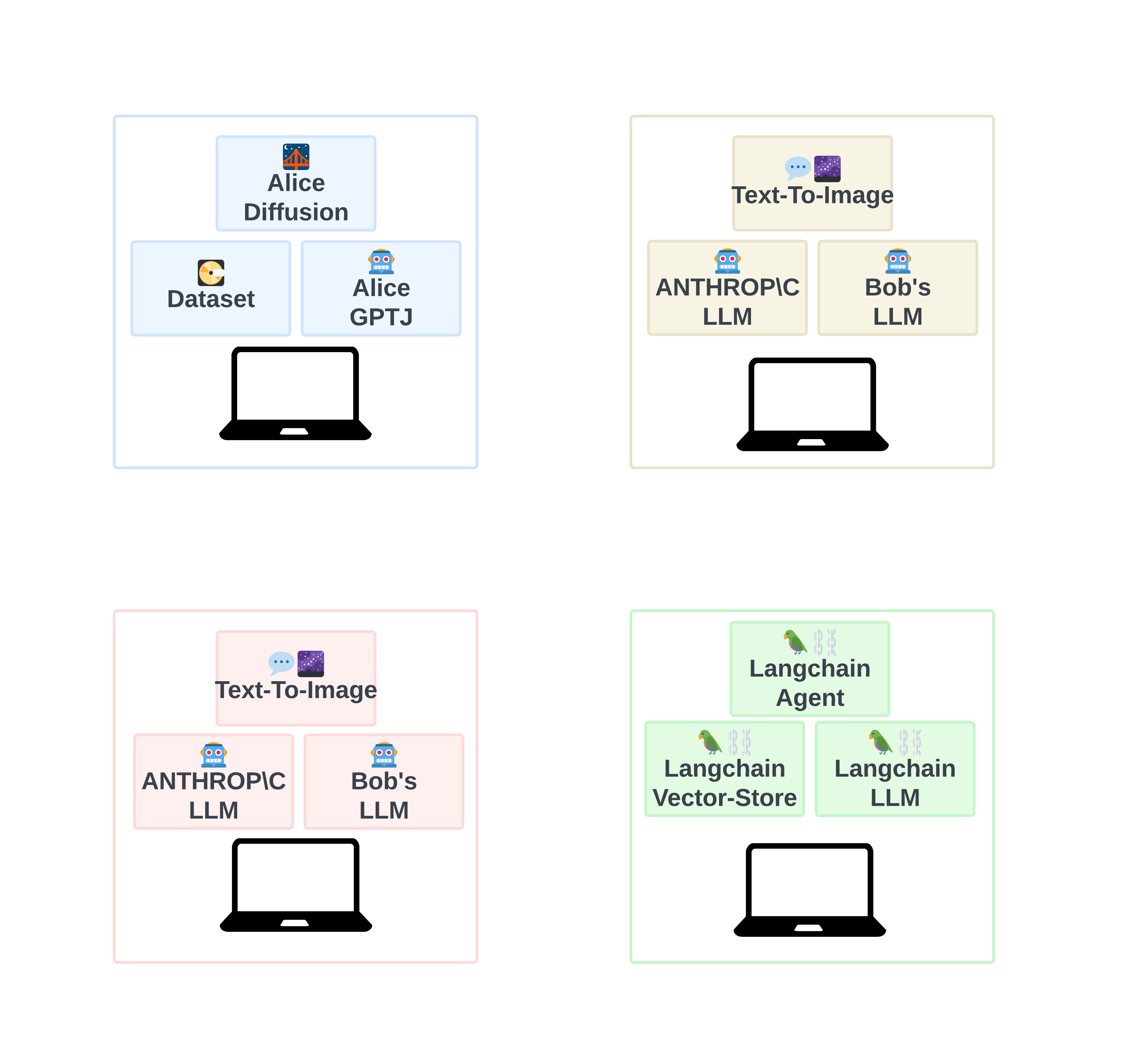
- Our current economic landscape is characterized by fragmentation, with various sectors and industries operating independently.
- Developers face challenges in integrating and working across different tools, leading to inefficiencies and time wastage.
- Lack of interoperability limits innovation and collaboration within the development community
- Commune is a revolutionary protocol that connects developer tools, fostering collaboration, interoperability, and innovation within the development community.
- Designed to break down barriers and unlock the potential of shared resources, Commune revolutionizes the way developers work and collaborate.
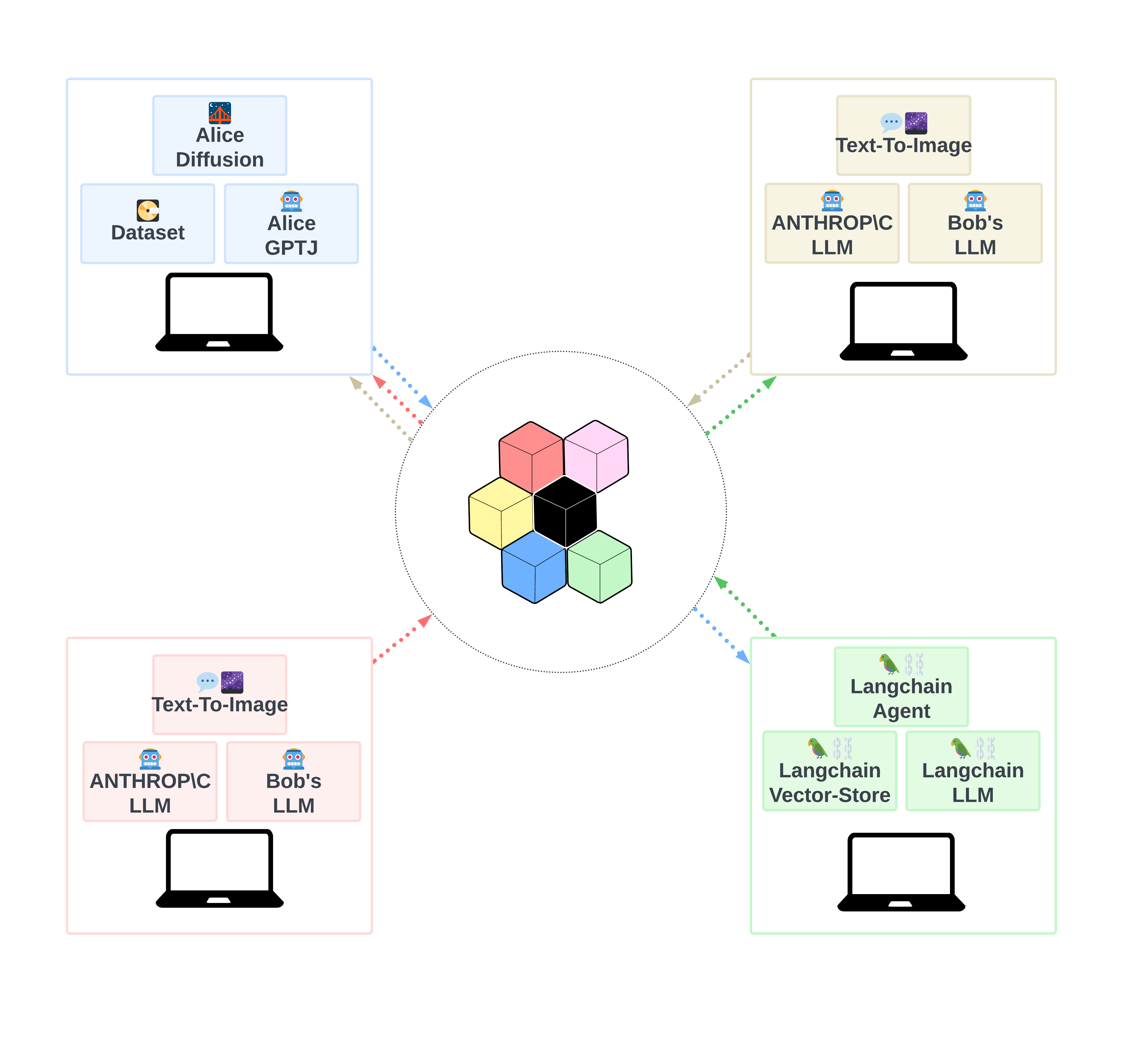

Reusability ♻️
Modular Architecture
- Commune supports a modular architecture that encourages code reuse.
- Developers can create self-contained modules that can be easily integrated into multiple projects, enhancing scalability and maintainability.
Modular Sharing
- Commune facilitates easy sharing and discovery of reusable modules among developers.
- Developers can contribute their own modules and benefit from the shared pool of resources, saving time and effort.
Enhanced Efficiency
- Reusing code and components from the Commune ecosystem reduces development time and effort.
- Developers can build upon tested and reliable solutions, ensuring consistent quality and accelerating their project timelines.
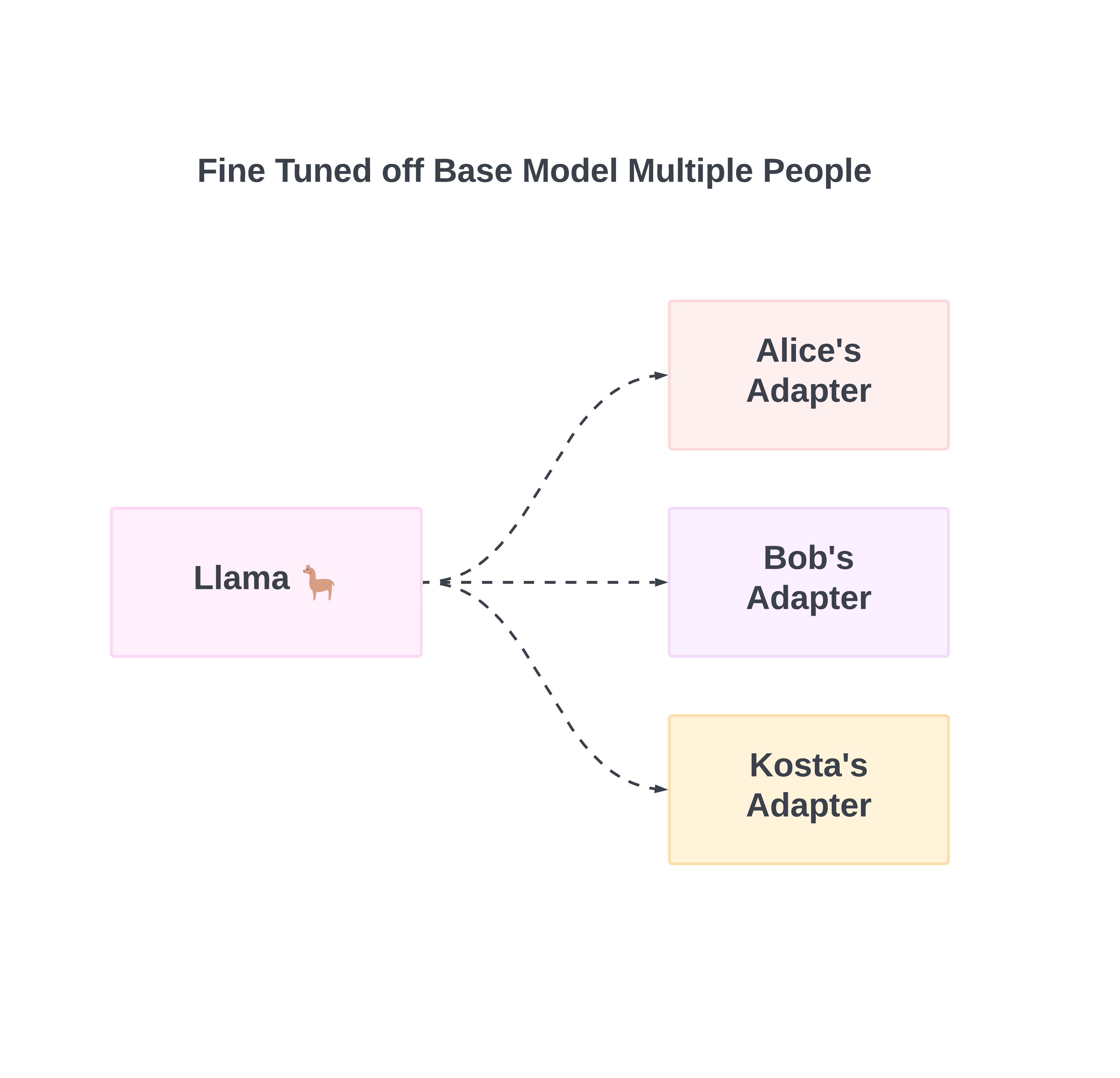


Scalability ⚖️
Horizontal Scaling
- Commune supports horizontal scaling, enabling the addition of more resources to handle increased demand.
- Developers can easily scale up by adding or using more instances or nodes to the Commune network.
Cloud Agnostic
- Commune seamlessly integrates with popular cloud platforms and services.
- Developers can leverage the scalability and elasticity of cloud resources to accommodate varying workloads.


Namespaces 🖥️
Module Namespaces
- We do not want to work with IP and ports as it can get confusing.
- We want to map the name of the module with the endpoint that server is on
- Ex: Model → 192.93.39.584:3000


Tokenomics 🪙
Staked Voting
- The modules will vote on each block at regular intervals.
- Tokens are allocated per vote every 6 seconds.
- The module's vote weight is determined by the amount staked on it.
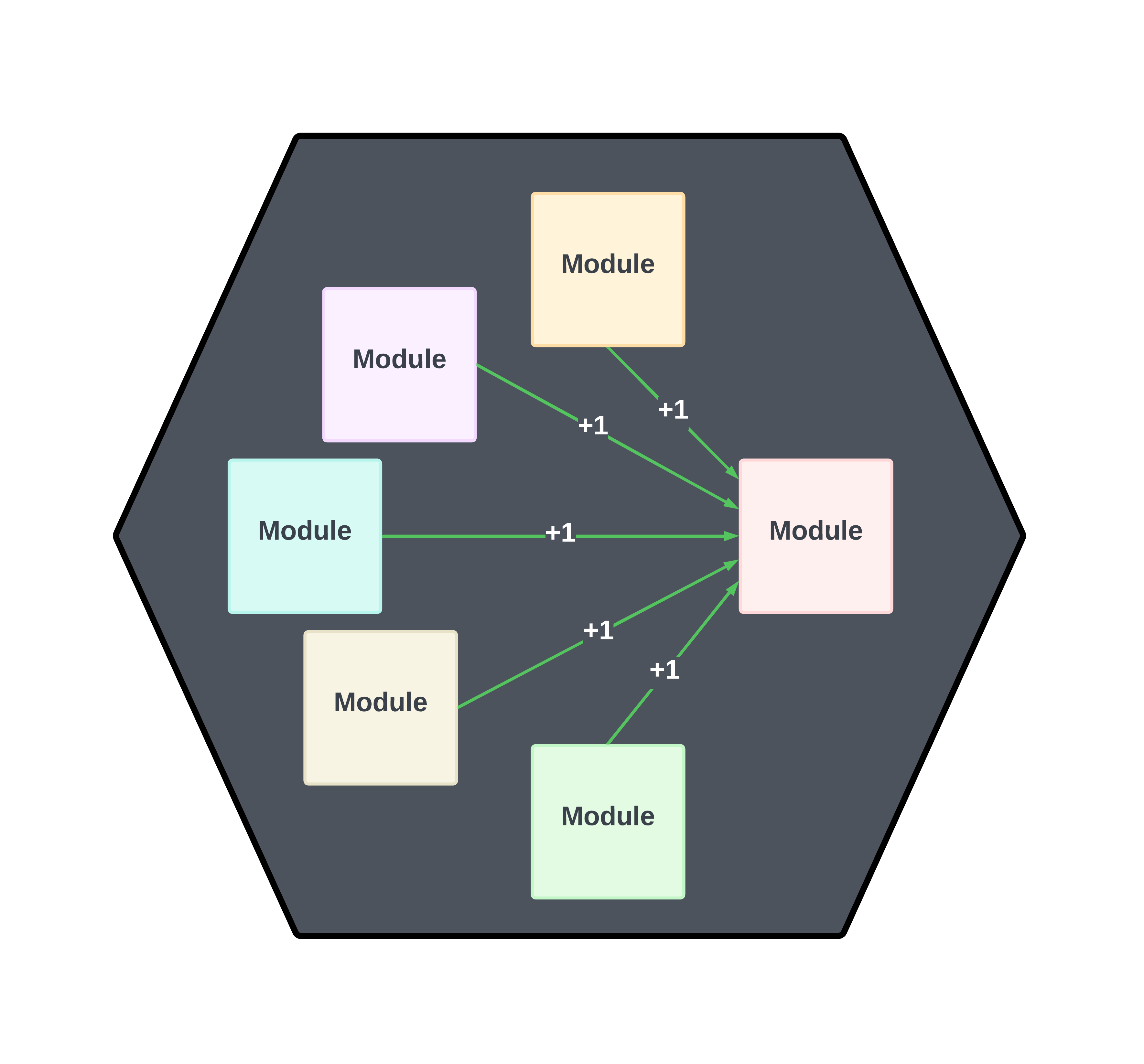
Rewarding Honest Voters
- Voters are incentivized to be Honest by Receiving Part of the Reward
- Half of the incentive that goes to the voted model gets distributed back to the voters based on their vote (stake*weight)
- This helps ensure honest voting to remove bias
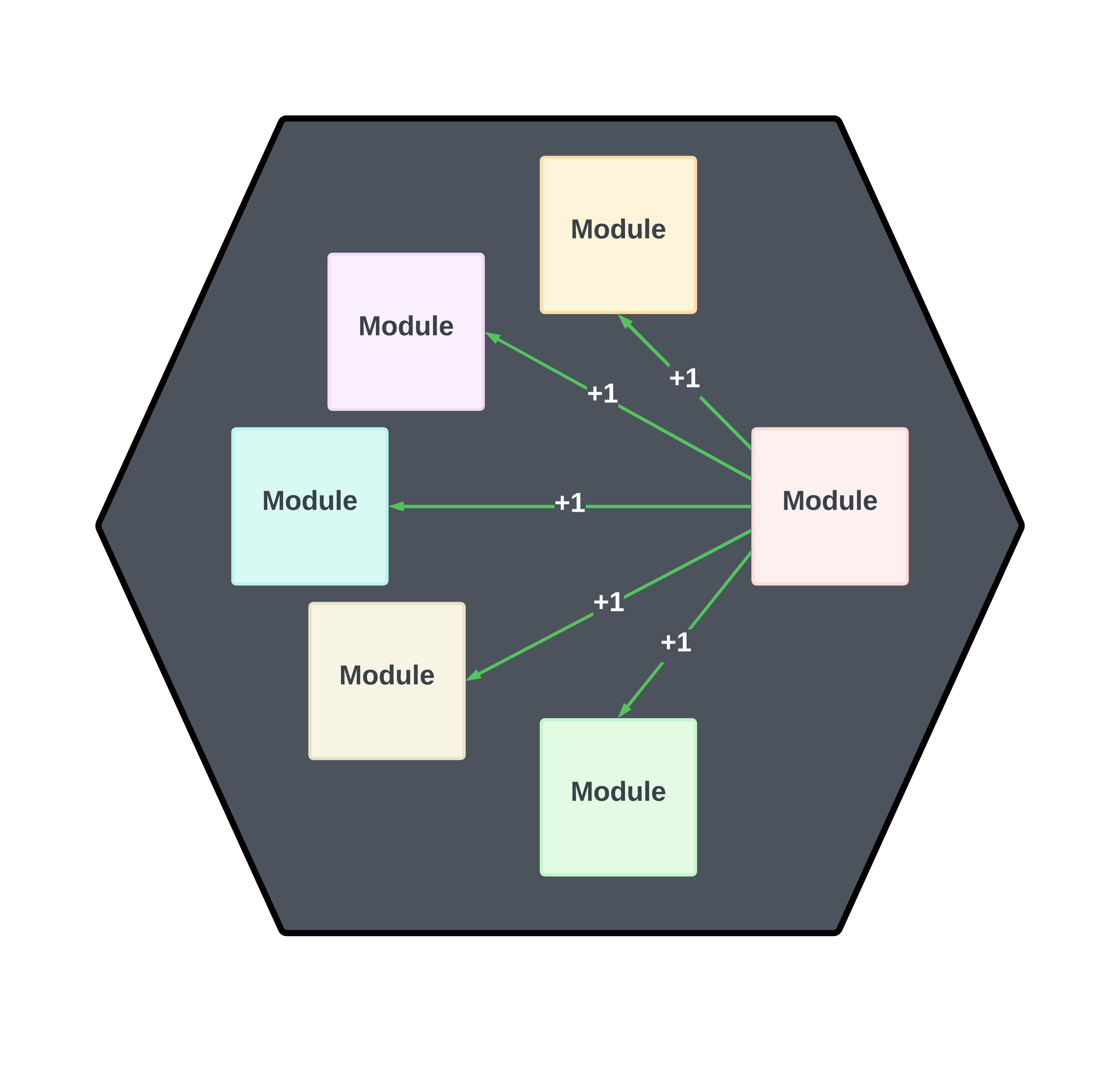

Application Validators ✅

- Application validators validate modules that best performs that application
- Each validator has its own objective and is responsible for calculating an appropriate reward it can vote based on
- Validators will need to stake to vote, and the higher staked validators will have more rewards from hosting problems
- Modules are rewarded based on their performance with the Validator
